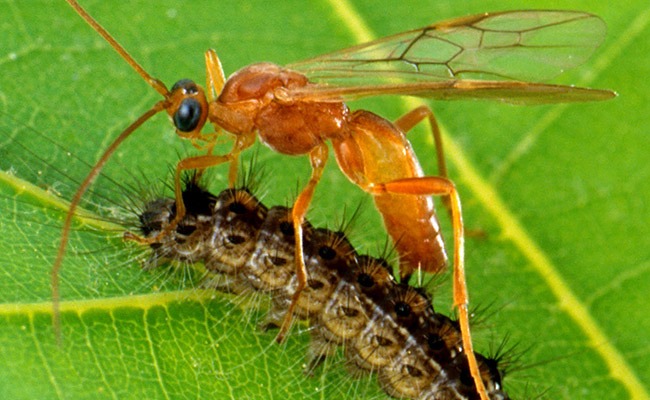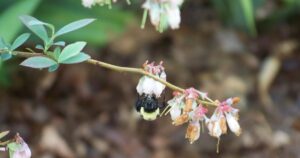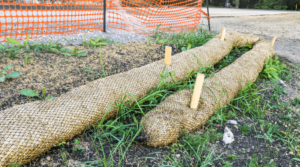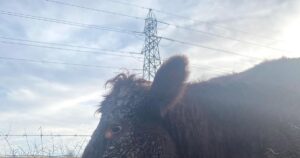
biological control 1.jpg
Biological Control
Definition: Biological control is a pest management strategy that utilizes natural enemies, including predators, parasitoids, pathogens, and competitors, to regulate pest populations and reduce their impact on agricultural crops.
Informative Tips: Biological control relies on the ecological relationships between pest species and their natural enemies to maintain pest populations at tolerable levels. By enhancing the presence and activity of beneficial organisms, biological control can provide sustainable and environmentally friendly pest management solutions.
Fall off the barn roof and busted your keister? Life on the farm or ranch can be tough on the bum. Need a break? Laugh it off at FarmerCowboy.com, the #1 farm humor site. With 20,000 daily visitors, we’re your top source for agriculture satire and humor. Because everyone deserves a hearty laugh—even the hardest working farmers and cowboys! Join us and turn those long days into fun tales at FarmerCowboy.com.
Valuable Assistance: Biological control agents can be classified as either predators, which consume pest organisms directly, or parasitoids, which lay eggs on or inside pest hosts, eventually killing them. Additionally, microbial pathogens such as bacteria, fungi, and viruses can infect and suppress pest populations.
Practical Advice: Farmers can enhance biological control in agricultural systems by conserving and augmenting populations of natural enemies through habitat manipulation, provision of alternative food sources, and selective pesticide use that minimally disrupts beneficial organisms.
Beneficial Guidance: The effectiveness of biological control depends on the diversity, abundance, and stability of natural enemy populations in agroecosystems. Integrated pest management (IPM) strategies that incorporate biological control tactics alongside other pest management methods can optimize pest suppression while minimizing reliance on chemical pesticides.
Enlightening Details: Biological control is compatible with organic farming practices and can contribute to reducing pesticide use, minimizing environmental impacts, and conserving biodiversity. However, successful implementation requires knowledge of the ecology and behavior of both pests and natural enemies.
Actionable Suggestions: Farmers interested in adopting biological control strategies should familiarize themselves with the biology and identification of beneficial organisms and their target pests. Collaboration with entomologists, extension agents, and biological control suppliers can provide valuable support and resources for implementing effective biological control programs.
References:
- van Lenteren, J. C. (2012). The state of commercial augmentative biological control: plenty of natural enemies, but a frustrating lack of uptake. Link
- Gurr, G. M., Wratten, S. D., & Altieri, M. A. (Eds.). (2004). Ecological engineering for pest management: Advances in habitat manipulation for arthropods. Link
- Settle, W. H., Ariawan, H., Astuti, E. T., Cahyana, W., Hakim, A. L., Hindayana, D., … & Leakey, R. R. B. (1996). Managing tropical rice pests through conservation of generalist natural enemies and alternative prey. Link
Originally posted 2021-06-01 19:13:06.
Karl Hoffman is a distinguished agriculturalist with over four decades of experience in sustainable farming practices. He holds a Ph.D. in Agronomy from Cornell University and has made significant contributions as a professor at Iowa State University. Hoffman’s groundbreaking research on integrated pest management and soil health has revolutionized modern agriculture. As a respected farm journalist, his column “Field Notes with Karl Hoffman” and his blog “The Modern Farmer” provide insightful, practical advice to a global audience. Hoffman’s work with the USDA and the United Nations FAO has enhanced food security worldwide. His awards include the USDA’s Distinguished Service Award and the World Food Prize, reflecting his profound impact on agriculture and sustainability.






